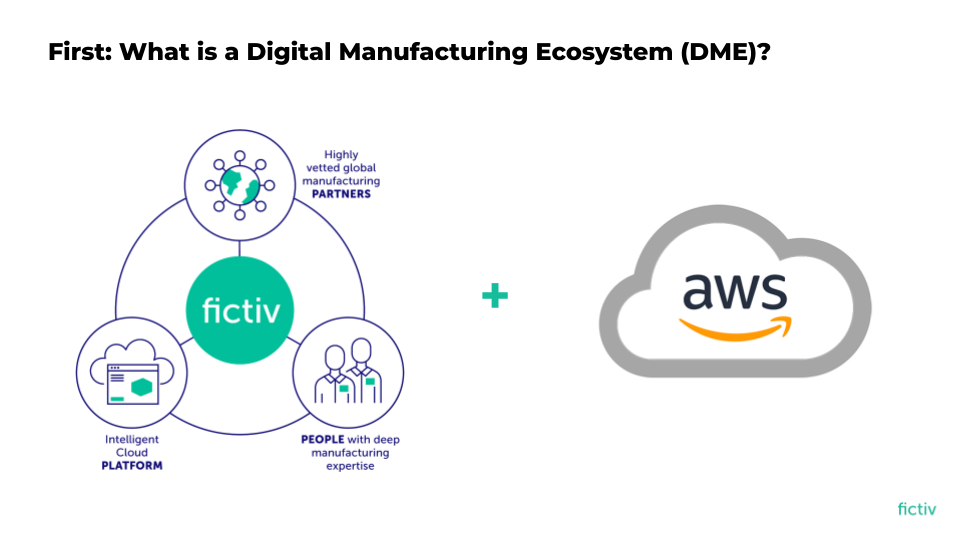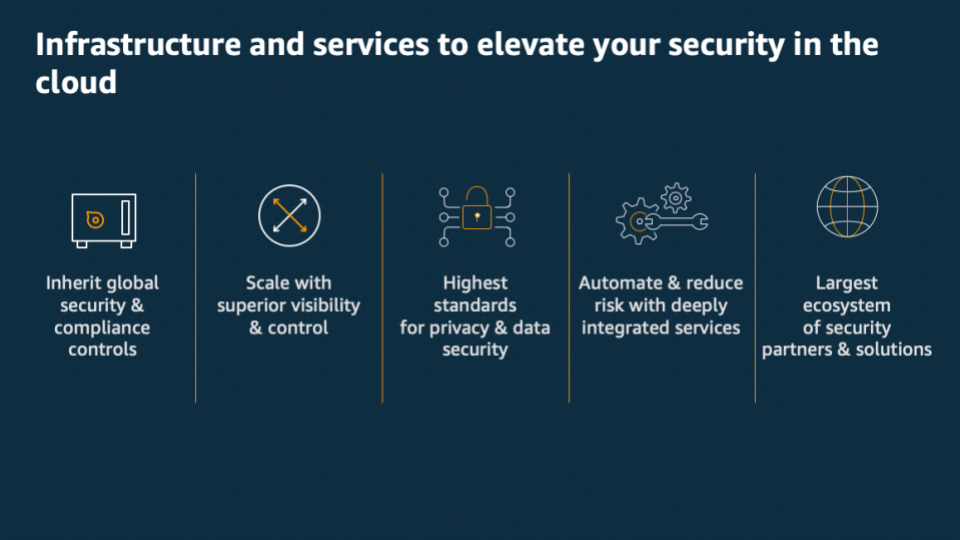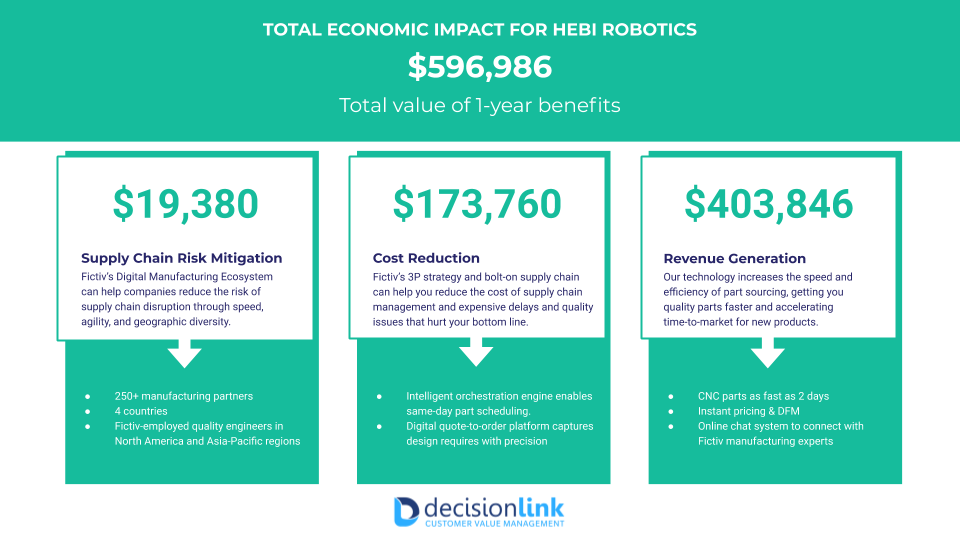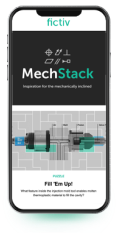Time to read: 3 min
In the wake of severe supply chain disruption caused by COVID-19, OEMs are looking for new manufacturing solutions for a more resilient future. In fact, 87% of the manufacturing leaders surveyed in Fictiv’s 2020 State of Manufacturing Report said their companies are now initiating digital transformation initiatives. Similarly, 99% said their companies are focused on increasing supply chain resilience.
However, only 14% said their digital initiatives are well-funded, and 81% are having difficulty finding digitization expertise. To help companies find a path forward during these unprecedented times, we held an executive panel discussion with digital manufacturing experts and industrial robotics innovator HEBI Robotics. In our most recent webinar, which I co-hosted with Fictiv Chief Marketing Officer Joanne Moretti, we explored the quantifiable economic impact of Digital Manufacturing Ecosystems like Fictiv as cost-efficient, low-risk bridges to digital transformation.
Integrating Digital Manufacturing Ecosystems
Integrating pre-built digital systems into your environment is a way to mitigate supply chain risk, get more feedback, avoid errors, and move faster. We have the tools, the cloud, and AI–everything we need to help drive digital transformation for your company, so you can avoid spending millions building internal systems from the ground up.
Digital Manufacturing Ecosystems can provide the same benefits of digital transformation at a fraction of the cost. Fictiv’s Digital Manufacturing Ecosystem provides an intelligent cloud platform; a highly vetted network of over 250 global manufacturing partners; and a team of people with expertise in software, mechanical engineering, manufacturing, and supply chain management.

Fictiv’s Intelligent Cloud Platform
Panelist Preet Virk, Partner solutions architect for industrial software at Amazon Web Services, described AWS’ relationship with Fictiv, which allows Fictiv to deploy new applications in minutes. Fictiv is powered by AWS, a platform built for agility. With AWS, Fictiv can take advantage of elasticity in the cloud and scale up and down, depending on business and customer needs.
“AWS is architected to be the most flexible, secure cloud environment available today, and its core security is built to satisfy the requirements of the military and global banks,” said Preet.

How HEBI Robotics uses the Fictiv platform
HEBI Robotics, a Pittsburgh-based agile robotics development platform, leverages Fictiv’s Digital Manufacturing Ecosystem to its economic benefit.
“Robotics are a smart, next generation tool that people use to augment their creativity,” said Dave Rollinson, co-founder and mechanical engineer at HEBI Robotics. “We’re a small team of 12 people, and Fictiv is a core part of us being able to execute on that.”
Dave said the Fictiv platform works seamlessly for HEBI to support remote teams. Fictiv has been able to match HEBI’s needs with some niche things in terms of manufacturing, like injection molding; transmissions with small, custom gears; locating and connecting HEBI with vetted manufacturing expertise; and providing transparency regarding price.
“Everything we make is relatively small, and we have very particular needs for materials,” said Dave. “The tolerances are important and unique for compound gears. Fictiv is important for knowing where we are on the cost-quality tradeoff.”
HEBI Robotics gained almost $600,000 in total benefits after working with Fictiv for a year, which Joanne, Dave, and I explained in more detail.

Streamlining Supply Chain Management
Digital Manufacturing Ecosystems like Fictiv can help companies achieve geographic diversity in their supply chains to avoid disruption, without ballooning supply chain management overhead. Fictiv can also help companies avoid the hidden costs incurred by quality issues and manufacturing delays. In addition, Fictiv can help increase procurement manager capacity to reduce overall supply chain management costs.
Preet described best practices of Digital Manufacturing Ecosystems to support supply chain management.

Main Takeaways
Fictiv was founded to enable product innovators to create and aims to accelerate 40% of a company’s given build schedule for programs or products. HEBI Robotics was able to reduce their 70-week production schedule by 30%. As you’re thinking about your own products and programs, think about how your timeline could be compressed by leveraging the different solutions available.








